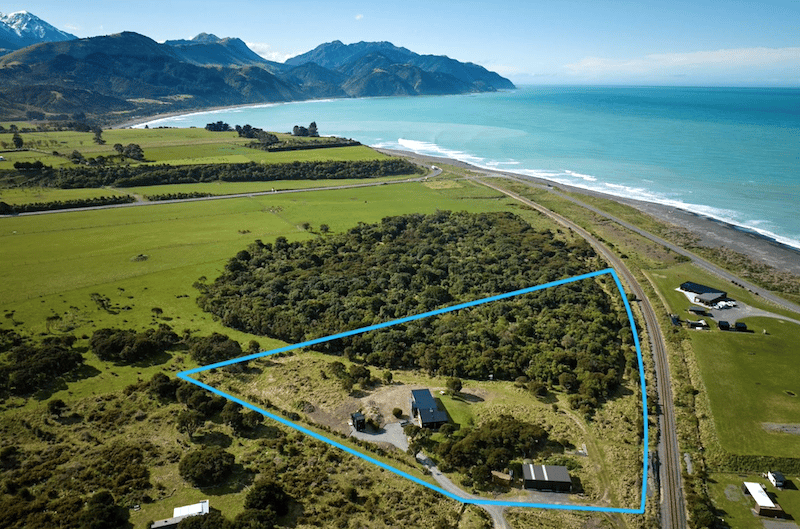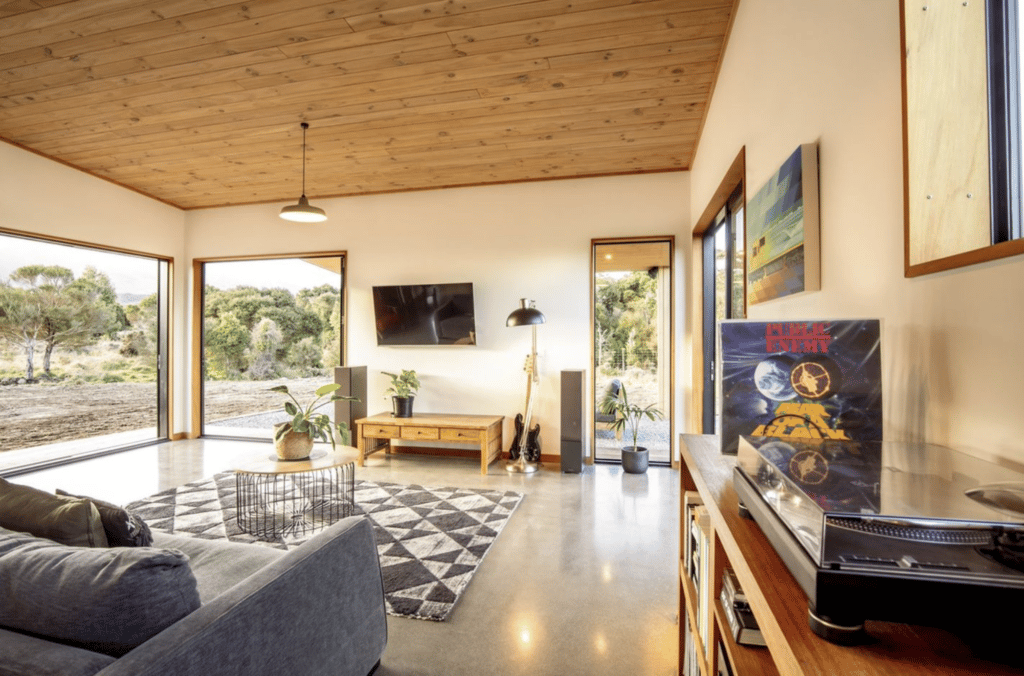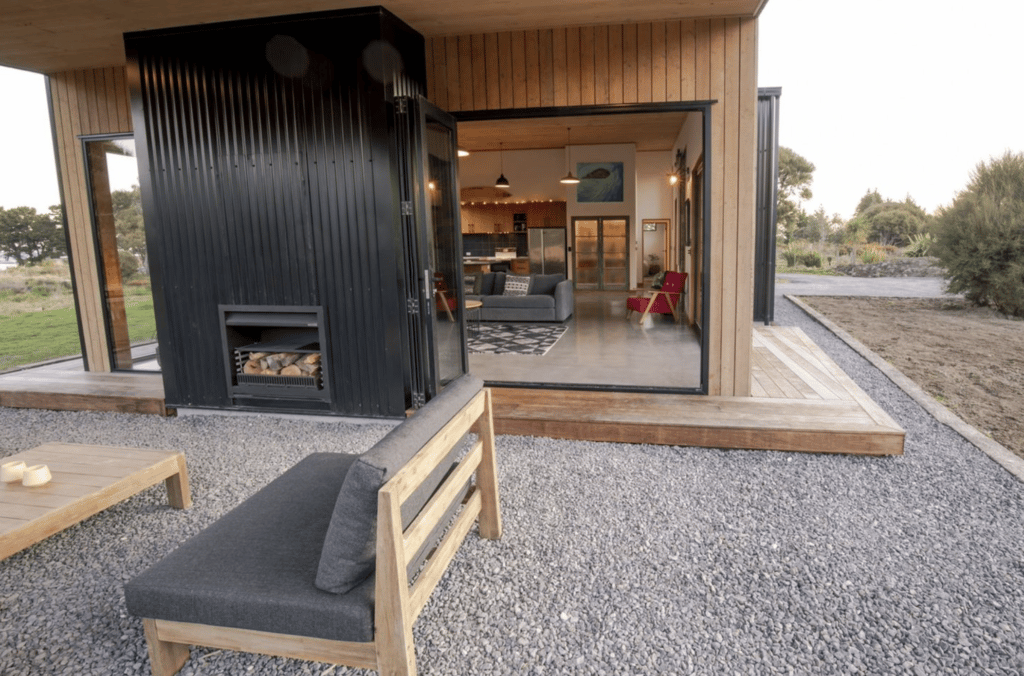Everything must go!
It has been many years, now, since Firewire surfboards popped out on the surf scene. Founded by Nev Hyman in the middle 2000s, the computer drafted surfboard, pumped out of fancy machines in a giant Thai warehouse, are now ubiquitous in any lineup. The world’s greatest surfer, Kelly Slater, owns 70% of the business and uses the technology to create his Slater Designs boards under the Firewire banner along with Tomo and an assortment of longboard crafters.
Now, making boards in Thai factories then shipping them to the United States or Australia has long roiled domestic shapers who are saddled with higher taxes, more stringent environmental regulations, much increase for cost of labor, insurance etc. but it seems like the factions made a sort of peace and especially during the past three-year boom where surfing became very popular amongst the Covid-stuck.
Riches for all.
Everything that goes up, though, must come down and, per industry sources, surfboard sales have returned to pre-pandemic levels.
Not horrible. Not great.
And here comes the trouble. Firewire, which appears have to overproduced through the good times, is, attempting to dump excess inventory in the United States via a “once in a lifetime” sale. Prices slashed by 20%. Retailers incentivized through a rebate program.
The margin for non-Thai board builders is between 30 – 40% which means, heading into the holiday season, they will all receive a swift kick in the guts from abroad.
The question for you. Is all fair in love and capitalism? Should surfers care about domestic board crafters or should they, rather, consider their surfboards similar to tennis rackets?
Globalism or protectionism?
Hmmmm.











